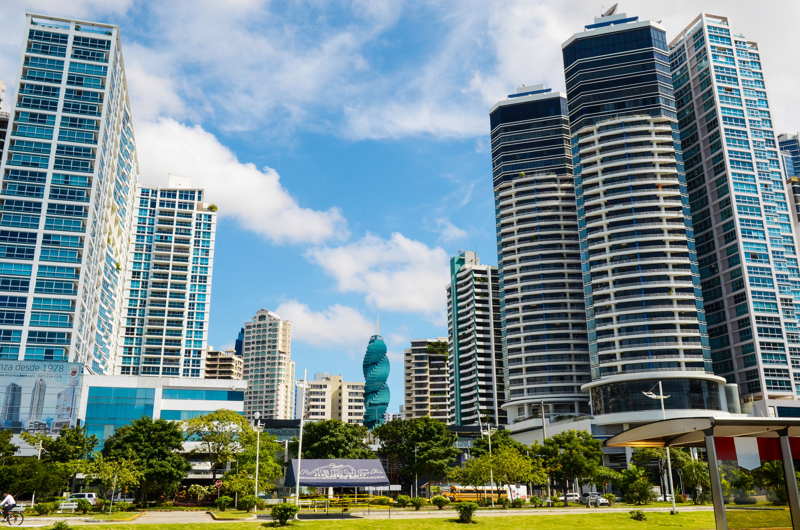A little more than a year since pandemic restrictions first were instituted in Panama, the country is vaccinating (including foreign nationals) at a good rate, and stay-at-home orders have largely been lifted.
Beaches, pools, and gyms have re-opened, and the international airport has been again operating since Oct. 12.
Now what?
As is its custom, Panama has a plan for reinvigorating itself post-crisis… based in large part on infrastructure improvements and advancements.
Specifically, this little country with one of the world’s most impressive track records for recovering from economic downturn is:
1. Building a twin cruise ship pier at Panama City’s Amador Causeway…
Panama will begin welcoming ships and passengers as soon as the cruise industry recovers, creating an estimated 10,000 new jobs.
Historically, cruisers traversed the Canal and kept going without actually entering the country. The new pier will change this, and cruise-goers now will have the chance to invest in everything from Panama hats and molas (traditional textiles) to guided city, rain forest, and coffee plantation tours…
2. Opening a new convention center…
3. Offering 87 direct flights to 37 countries (including Istanbul, Amsterdam, New York, Toronto, and Paris) through its Tocumen International Airport…
Single connections bring in the rest of the world.
If you are traveling to Latin America, it is likely you are passing through Panama City.
4. Launching a tax-incentive program that means tax abatements of up to 100% on projects that build infrastructure and grow tourism…
In 2019, more than 18 million people arrived at Tocumen International Airport, but only 3 million actually entered the country (see above about Panama being the gateway to Latin America). The new tax program is a direct effort to increase visitor counts and expand the country’s tourism industry.
5. Creating more new jobs than ever…
As tourism begins to develop, job creation will be one of the biggest benefits for both locals and foreign nationals.
6. Building a third line of its Panama City subway system…
This line will connect the capital with Panama Oeste, the western region just over the Pacific side of the Panama Canal.
The Bridge of the Americas, completed in 1962, was designed to carry 9,500 vehicles a day. Today that bridge sees approximately 70,000 vehicles daily.
The third subway line will share space on the fourth bridge over the Panama Canal and should go a long way toward easing traffic congestion. The new subway line is especially important to workers in Panama City, Panama Pacífico, Veracruz, and other western suburbs. Everyone from domestic help to resort workers, nannies, and professionals staffing the many multinational companies that call Panama home will be able to commute easily and inexpensively.
This US$3 billion project will substantially change the face of Panama City and open up new areas of investment opportunity.
7. Operating a massive copper mine that is ideally positioned to capitalize on the pent-up post-pandemic need for copper worldwide…
As a friend here put it, “With copper trading over US$3, this mine is printing cash.”
I’m more invested in Panama than anywhere else in the world… and right now I’m feeling good about that.
Lief Simon
Editor, Offshore Living Letter










